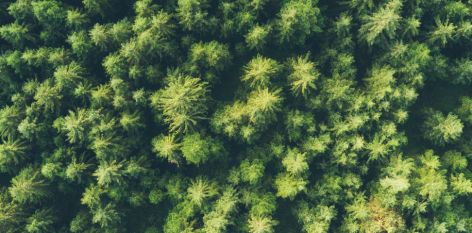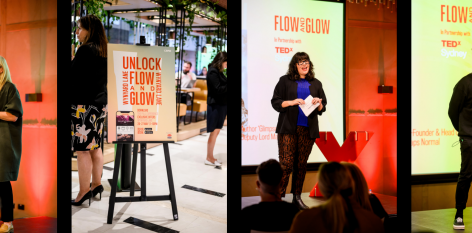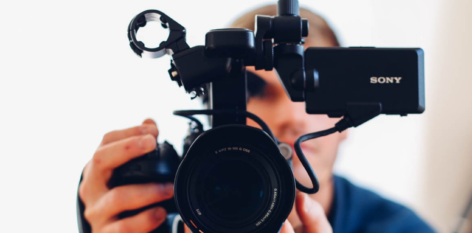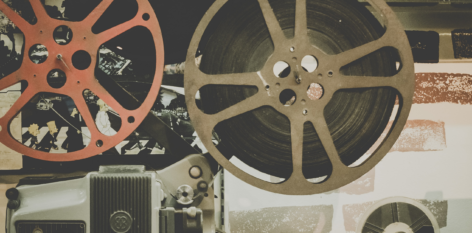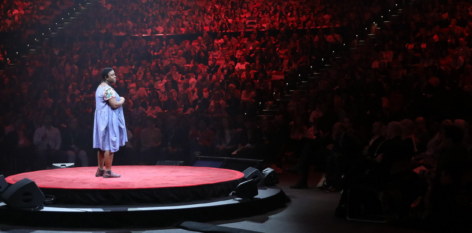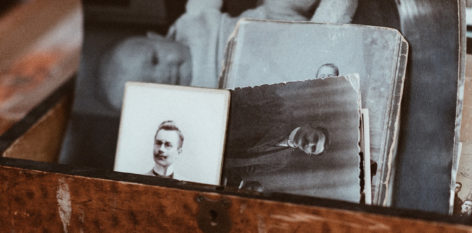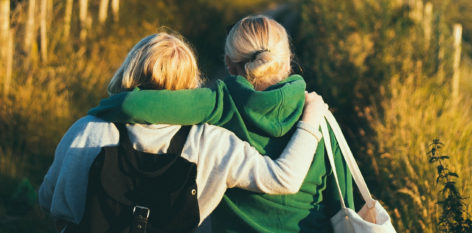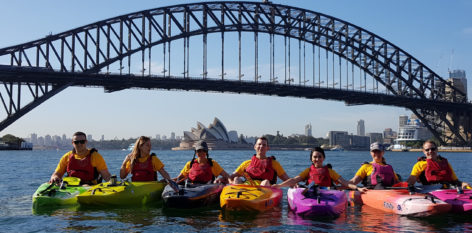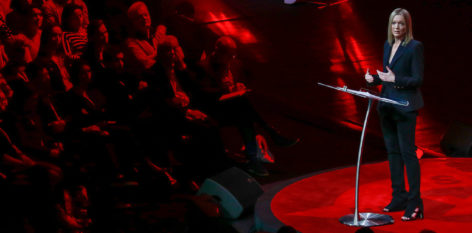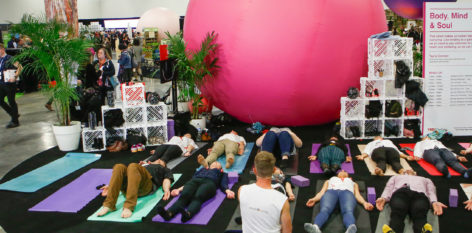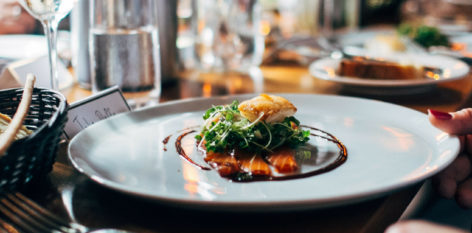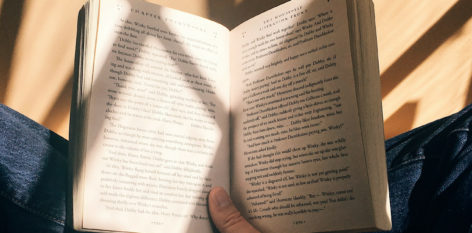When someone tells me they don’t drink coffee, my train of thought is generally something like this:
“Whoa. How do they even function? They can’t be human.”
“I should really try that, you know. Maybe next week, when I start my green smoothies.”
“Haaahaha, I’m hilarious…”
As a freelance writer, the very idea of a life without coffee is one far too devastating to contemplate. And I don’t mean just the super fancy, barista brewed coffees (although, I do love those ones too). I mean any liquid gold with caffeine in it – drip filtered, percolated, cold pressed, excreted by Indonesian cats, iced, siphoned and yes, even instant. Don’t judge me. Hell, I’d even go as far as considering an espresso martini as a caffeine hit… you know – for the after 3PM allowance.
However, a few very short decades from now, that life-affirming cup of coffee many of us enjoy each day won’t taste the same. Climate change, forecasters tell us, is threatening the precious bean. As temperatures rise and droughts intensify, good coffee is becoming increasingly difficult to grow and expensive to buy. Since governments are reacting slowly to the problem, researchers have been prompted to work on ways to make the plant more adaptable, and committed businesses investing in research to ensure they can still deliver a quality product.
On paper, the stats look worrying. The Climate Institute of Australia predicts that by 2050, the land area considered suitable for coffee growing could be reduced by half and that wild coffee may disappear altogether by 2080. But wild coffee isn’t what you drink, you say? Well, wild varieties of the world’s most popular coffee species, Coffea arabica, are now endangered. If wild coffee plants disappear, genetic diversity will be lost, especially for the development of new varieties. Furthermore, a study by the Royal Botanic Gardens, Kew, in the UK, shows that in Ethiopia — the world’s fifth largest coffee producer and the origin of Arabica coffee — nearly 60% of the current coffee-growing area could become uncultivable by the end of the century.
TEDxSYDNEY coffee partner, The Little Marionette, have been supporting the work of World Coffee Research into their exploration on the coffee plant and the changing global conditions for growth. By investing into the studies of coffee genetics and coffee chemistry, World Coffee Research are working towards helping the humble bean adapt to climate change without affecting quality, whilst simultaneously improving the lives of the families who produce them through education and support. With a focus on the coffee seed and genetic improvements through lab work and in the field identifying key genetic markers to develop new varieties of coffee, World Coffee Research have tapped into the most efficient way to ensure the future of coffee.
The Little Marionette’s investment in this seed research and their continued support of coffee-related social enterprises like Fairtrade, KeepCup and plantatree.org have allowed an uncompromised cup of quality caffeine with a side of conscience.
As you enjoy your morning brew tomorrow and at this year’s TEDxSydney 2019 event, bear a thought for the humble bean and the future of coffee. It’s in your cup.

